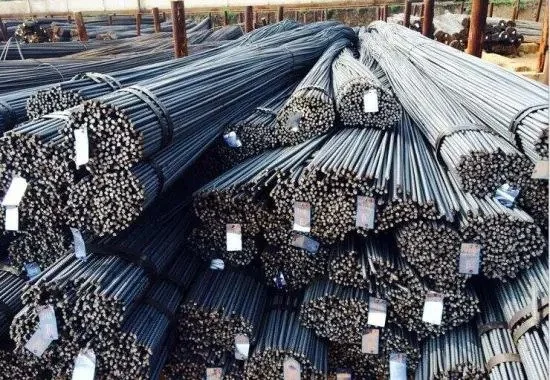- Web
- Feb 05, 2026
FBR withdraws export facilitation scheme for iron and steel scrap to combat tax evasion
-

- Web Desk Karachi
- Feb 26, 2025

ISLAMABAD: The Federal Board of Revenue (FBR) has officially withdrawn the Export Facilitation Scheme (EFS) 2021 for importers of iron and steel scrap, a move aimed at curbing the significant misuse of the facility.
On Tuesday, the FBR released SRO 204(I)/2025 to introduce proposed amendments to the Customs Rules, 2001.
According to tax experts, by excluding iron and steel scrap from the EFS, importers of compressors and motors will now be required to pay all applicable taxes during the import process, including customs duties, sales tax, and income tax.
Furthermore, when selling their scrap locally, these importers will not be able to issue sales tax invoices, thus closing avenues for tax evasion.
This is expected to impact operations for businesses that have previously engaged in purchasing fraudulent invoices from scrap importers; they will now need to pay the full 18 percent sales tax if they buy local scrap or compressor scrap.
The industry has been advocating for this change to promote equitable tax contributions and create a level playing field within the long steel sector, the expert added.
The revised procedures include several proposed changes to the EFS, such as reducing the input utilization period, basing input authorisation on production capacity and input-output ratios, replacing insurance guarantees with bank guarantees, implementing vendor facilitation controls, withdrawing samples to ensure that imported inputs are utilized in exported goods, and excluding importers of iron and steel scrap from the EFS.
Under the new rules, input goods acquired through these regulations must be utilised within a nine-month timeframe, which can be extended under exceptional circumstances by a committee that will be formed by the board.
For transactions involving international tenders or exempt projects or sectors within Pakistan, users are now required to submit a declaration in the WeBOC system, according to the FBR.
Pakistan, Russia to set up new steel mill in Karachi
An applicant who demonstrates a poor compliance record—such as having one or more adjudged contravention cases, pending recovery cases, or ongoing criminal proceedings—will immediately have their authorisation suspended after being given an opportunity to defend themselves.
Also, the Regulatory Collector may initiate proceedings to cancel the authorization and pursue other legal actions as needed.
Annual input goods authorisation values must be uploaded based on estimated annual requirements as determined by the Input Output Coefficient Organisation (IOCO).
The authorisation for the next year will be contingent upon the regulatory collector’s satisfaction that no actions under the Customs Act are pending against the user and that the user has submitted all necessary reconciliation statements.
Should the regulatory collector find evidence that input goods have been illegally removed from premises, improperly disposed of, retained beyond the utilisation period, or have failed to achieve the required value addition within the specified timeframe, immediate action will be taken to encash the post-dated cheque (PDC) or bank guarantee.
Additionally, the customs computerised system is set to assign Goods Declarations filed under these regulations for sample withdrawal based on computerised selectivity criteria, said the FBR.




